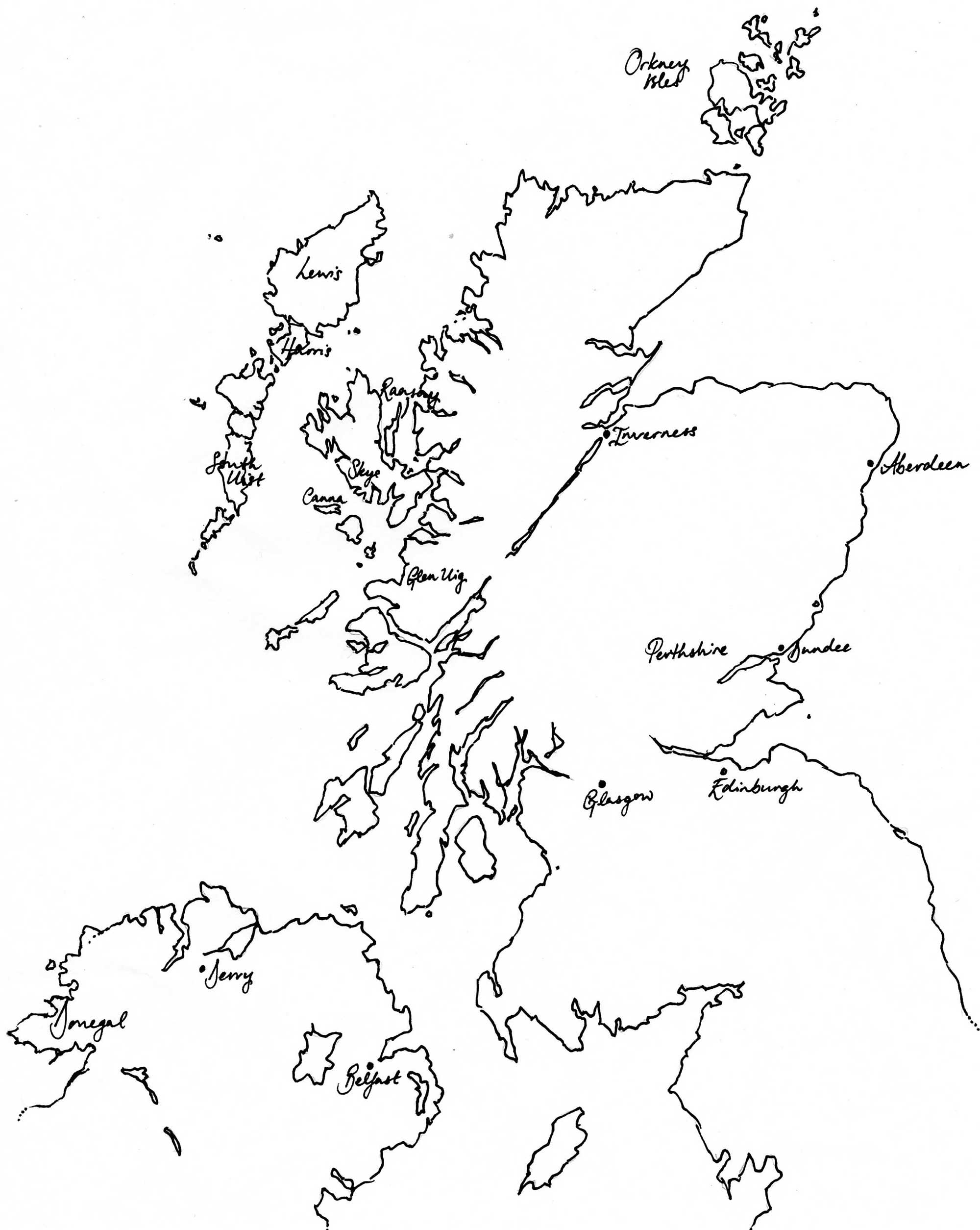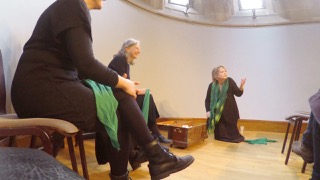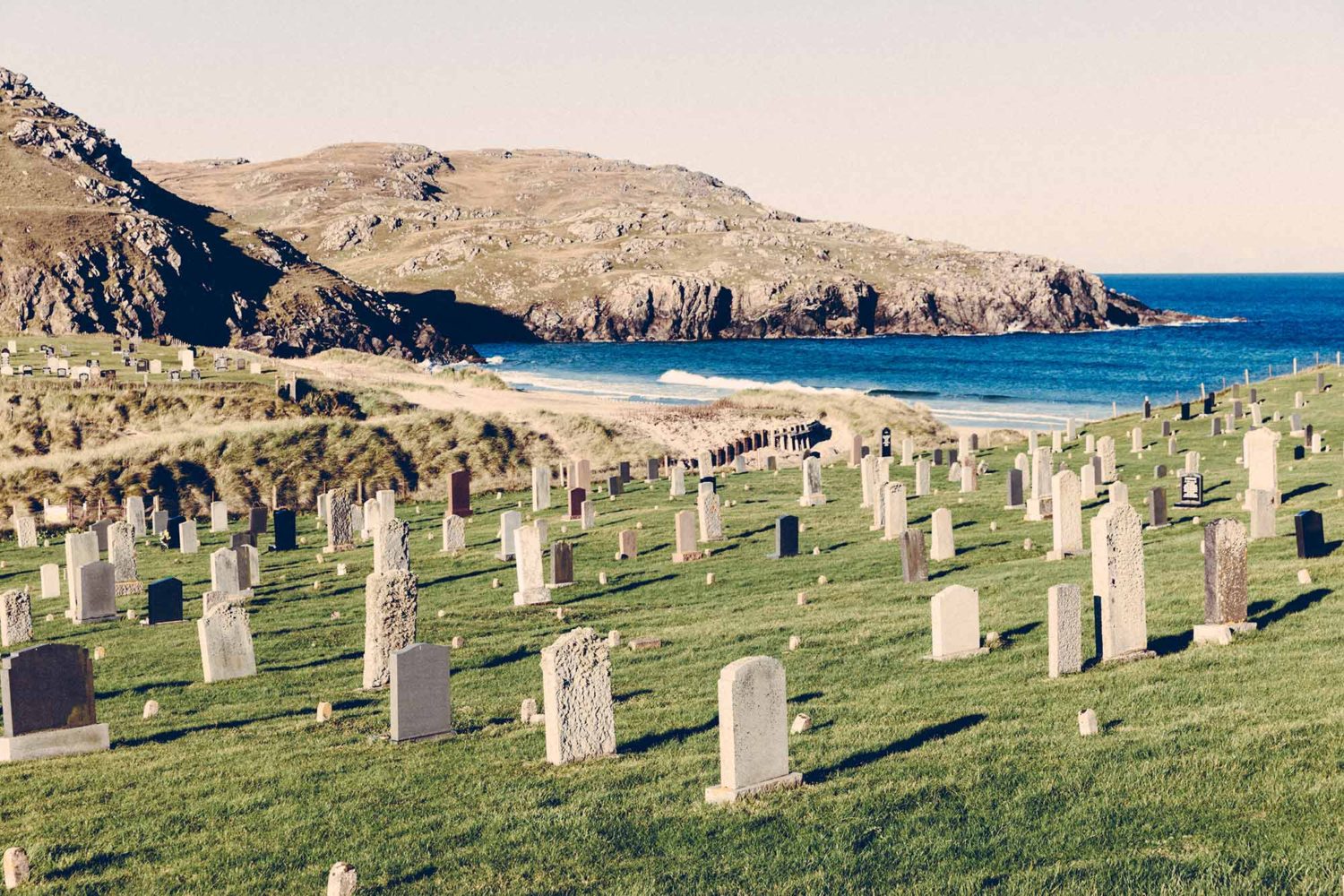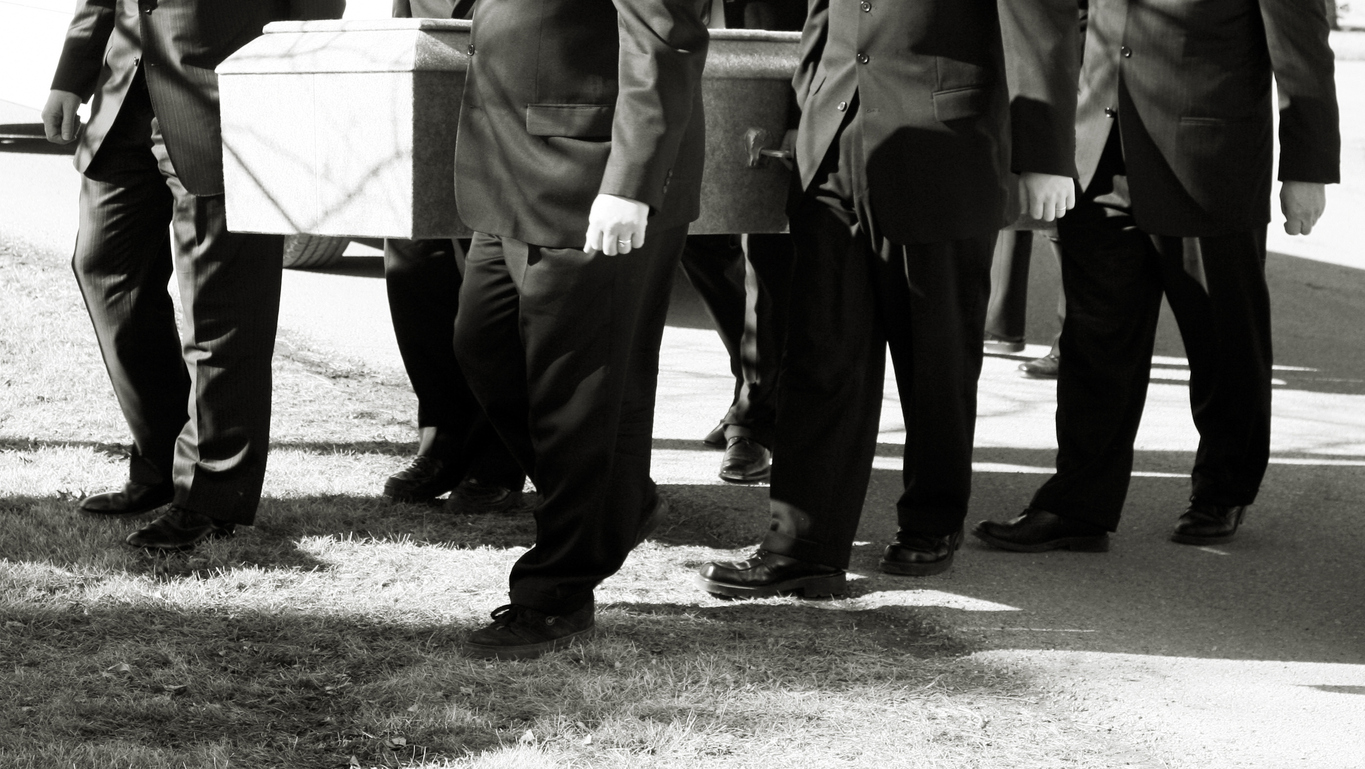The Keening Wake
Here we aim to introduce people to the keening tradition of Scotland and Ireland. In doing so we hope to inspire people to reflect on the many ways grief and loss can be approached today. Having recruited a small team of artist-researchers who had a depth of experience in voice and sound as a healing force, we gathered archive material, oral lore and informed opinion from across Scotland over six months. The artists drew all these threads into a devised piece, a ‘taisbeanadh beò’ The Keening Wake Event.



 So I searched for ways in which grief has been given an honest yet dignified voice in communal settings in Scotland and Ireland. It seemed profoundly healthy to discover that historically the keening women or mnàthan-tuirim, had a dedicated and respected role in Gaelic society. The artform of keening, gave both raw and soothing expression to grief within a ritualised, socially sanctioned setting. I found both reverence in the act of keening and celebratory irreverence in the wake culture. Enabling the natural ambulation between grief and joy is a rare skill. As a non-Gaelic speaker, I set out tentatively to learn what I could from the traces of the Caoineadh – the keening tradition – and met with kind encouragement. Together we hope to stimulate wider appreciation and curiosity about the historical social practice of keening, for all those struggling with expressing grief in community today.
So I searched for ways in which grief has been given an honest yet dignified voice in communal settings in Scotland and Ireland. It seemed profoundly healthy to discover that historically the keening women or mnàthan-tuirim, had a dedicated and respected role in Gaelic society. The artform of keening, gave both raw and soothing expression to grief within a ritualised, socially sanctioned setting. I found both reverence in the act of keening and celebratory irreverence in the wake culture. Enabling the natural ambulation between grief and joy is a rare skill. As a non-Gaelic speaker, I set out tentatively to learn what I could from the traces of the Caoineadh – the keening tradition – and met with kind encouragement. Together we hope to stimulate wider appreciation and curiosity about the historical social practice of keening, for all those struggling with expressing grief in community today.